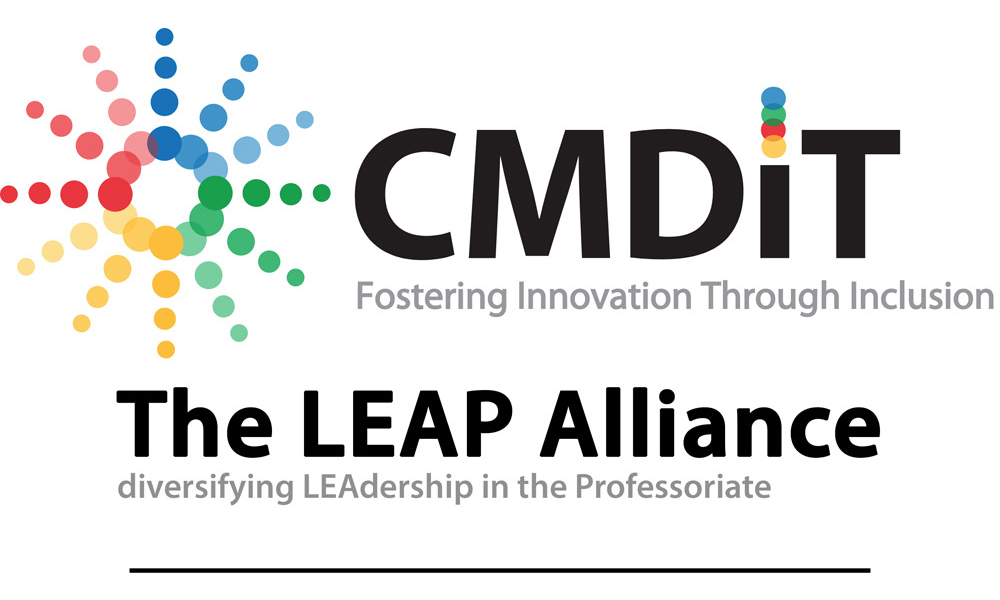The LEAP Alliance

In 2017, the Allen School partnered with 10 other leading computer science programs under the leadership of the national Center for Minorities and People with Disabilities in IT (CMD-IT) to establish the LEAP Alliance. In addition to the University of Washington, those initial partner institutions included:
- Carnegie Mellon University
- Cornell University
- Georgia Tech
- Harvard University
- MIT
- Princeton University
- Stanford University
- University of California, Berkeley
- University of Illinois
- University of Texas at Austin
In 2021, CMD-IT expanded the LEAP Alliance program to include three additional cohorts. The Allen School continues to participate in the original group — LEAP Alliance Cohort #1 — and now also participates in LEAP Alliance Cohort #4 along with Carnegie Mellon, Cornell, Georgia Tech, Harvard, MIT, Princeton, Stanford, Berkeley and Illinois. While each of the cohorts ultimately aim to broaden participation in the computer science professoriate at research universities as a way to achieve broaden participation across the field, they operate at different points along the academic continuum.
LEAP Alliance Cohort #1 works to broaden the cohort of Ph.D. graduates from universities that comprise the top producers of future computer science faculty at research institutions.
LEAP Alliance Cohort #4 aims to broaden undergraduate research participation in the programs that send the most students on to graduate programs that are among the top producers of faculty at research institutions.
The LEAP Alliance is focused on four communities that are historically underrepresented in computing: African Americans, Hispanics, Native Americans, and People with Disabilities. According to the Computing Research Association’s Taulbee Survey, less than 5% of tenure-track faculty at Ph.D.-granting universities are from groups underrepresented in computing.
Student Cohorts: LEAP Fellows and LEAP Scholars
- The cohorts at the graduate level are recognized as LEAP Fellows. The objective is to have multiple students start their graduate studies together each year at each LEAP institution to build community, offer a support structure, and cultivate a sense of belonging.
- The cohorts at the undergraduate level are recognized as LEAP Scholars. The goal is to support participating students and connect them to opportunities such as undergraduate research that may lead them to graduate school and an academic career.
Activities
- Cross-institutional sharing of effective strategies for recruitment and retention.
- Community-building among LEAP Fellows and Scholars, both within and across institutions.
- Mentoring groups for LEAP Fellows and Scholars across institutions.
- Professional development opportunities.
LEAP Faculty and Staff Advocates in the Allen School
- Implement effective recruiting, admission, and retention strategies, in close collaboration across the LEAP institutions.
- Serve as a point-of-contact for LEAP Fellows and Scholars.
- Graduate LEAP Fellow Advocates are:
- Staff: Les Sessoms and Elise deGoede Dorough
- Faculty: Ed Lazowska
- Undergraduate LEAP Scholar Advocates are:
- Staff: Rakeb Million
- Faculty: Maya Cakmak
